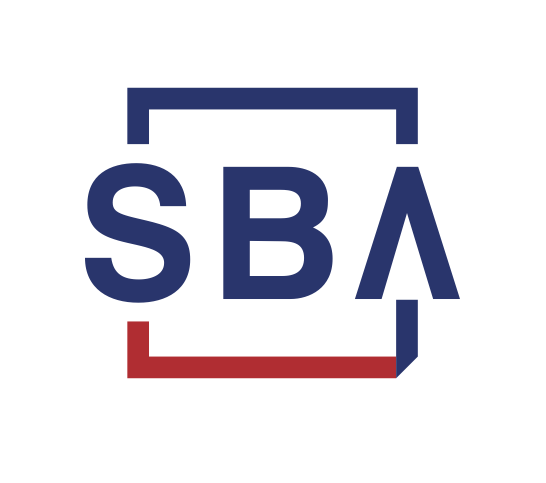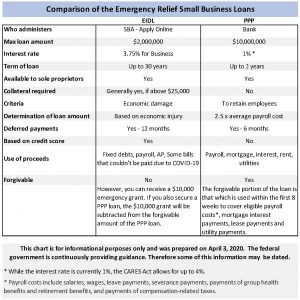Latest Posts
Paralegal Scholarship at Tri-County Technical College awarded
Kim, Lahey & Killough awards Paralegal Scholarship at Tri-County Technical College Pictured, left to right: Kim Lahey & Killough attorneys Tony...
GeigTech East Bay awarded $34.6 million in patent infringement case
South Carolina company GeigTech East Bay, LLC, awarded $34.6 million in damages in patent infringement case against Lutron Electronics South Carolina...
New DOL Rule Independent Contractor Classifications
New Department Of Labor Rule in Effect March 11 Affects Employee/Independent Contractor Classifications Businesses relying on independent contractors need...



